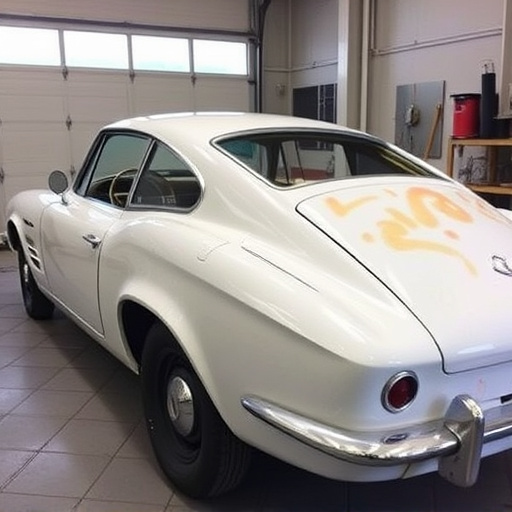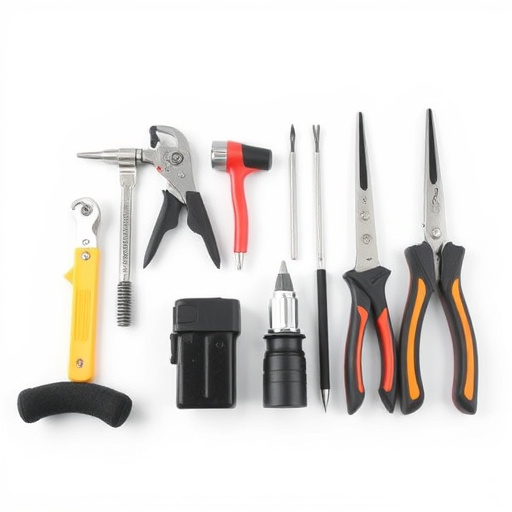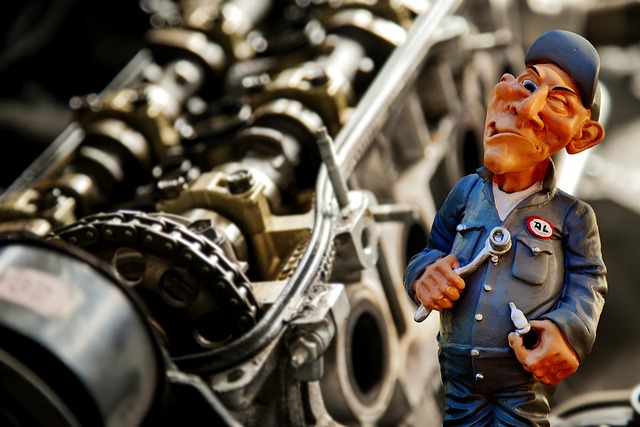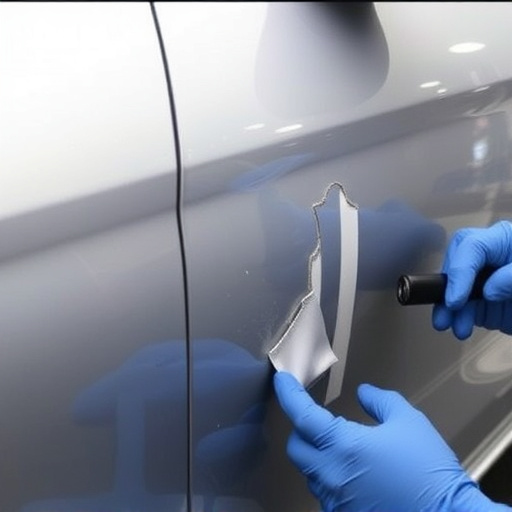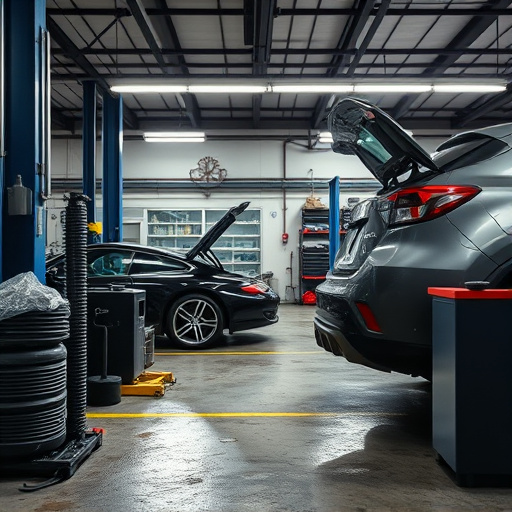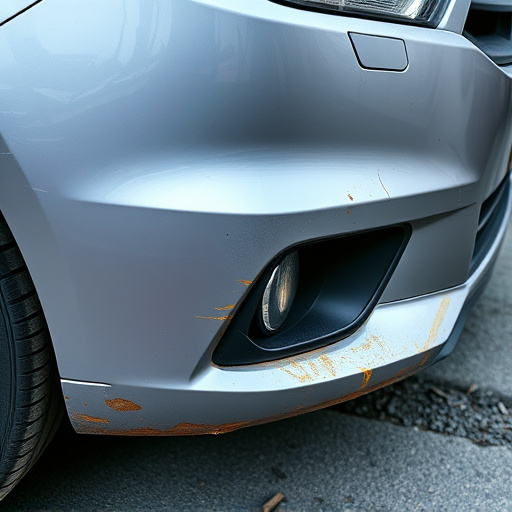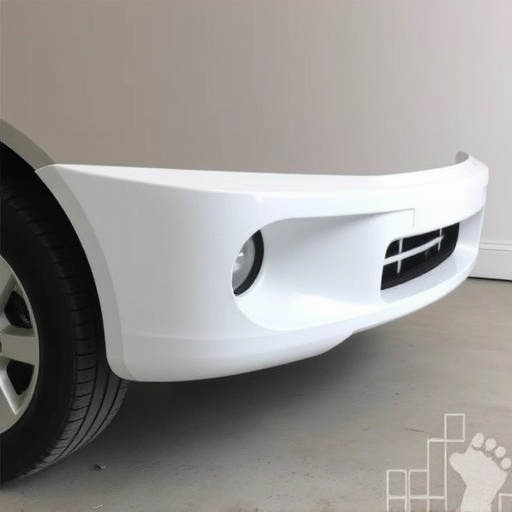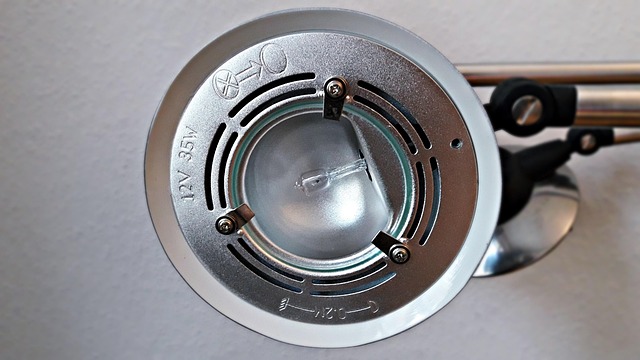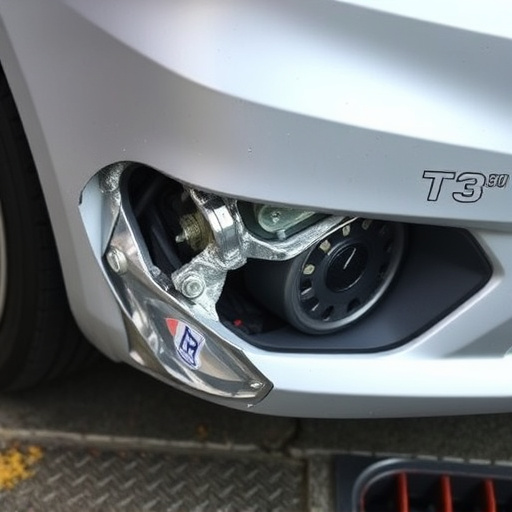Aftermarket auto glass is cheaper than OEM but often suffers from poor fit, clarity, and durability issues, leading to frequent replacements. Collision repair services recommend higher-cost OEM or certified-grade glass for better safety and longevity. Auto shops avoid aftermarket glass due to quality and safety concerns, as subpar fitting and installation can cause water leaks, reduced visibility, and structural problems. While budget-friendly, aftermarket auto glass should be approached with caution, prioritizing safety and reliability over cost savings.
When your car’s windshield or windows need replacement, auto shops often present options, including aftermarket auto glass. While it might seem like a cost-effective choice, some mechanics advise against it. This article delves into the reasons behind these recommendations, offering insights into the basics of aftermarket auto glass and weighing its pros and cons to help you make an informed decision. Understanding these factors is crucial when navigating the choices available for your vehicle’s safety and performance.
- Understanding Aftermarket Auto Glass: The Basics
- Reasons Why Auto Shops May Recommend Against Aftermarket Glass
- Weighing the Pros and Cons: When Aftermarket Glass Might Still Be a Viable Option
Understanding Aftermarket Auto Glass: The Basics
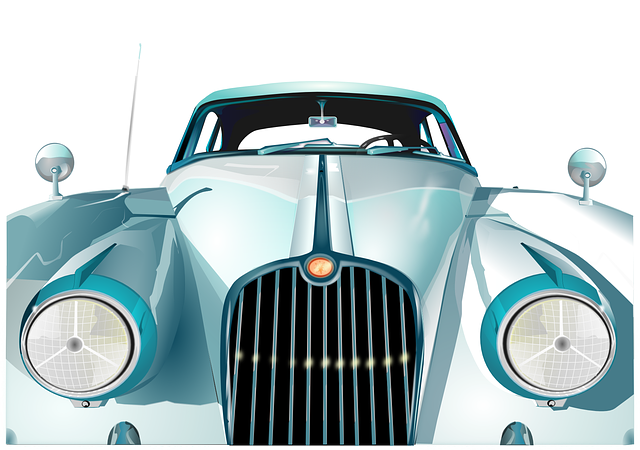
Aftermarket auto glass refers to replacement automotive glass components that are not produced by the original equipment manufacturer (OEM). These glasses are designed and manufactured by third-party suppliers, often at a lower cost than OEM glass. While they might seem like an attractive option for those looking to save money, there’s a reason many auto shops recommend against their use in certain situations.
Understanding the basics of aftermarket auto glass is crucial when considering its use. These glasses typically adhere to similar safety standards as OEM glass but may not offer the same level of precision fitting and quality control. In a recent survey of collision repair services, it was found that many customers who opted for aftermarket glass experienced issues with fit, clarity, and durability—often leading to the need for premature replacements. Body shop services, therefore, often recommend OEM or certified-grade glass to ensure safety and longevity, even if it means a slightly higher upfront cost.
Reasons Why Auto Shops May Recommend Against Aftermarket Glass

Auto shops often recommend against aftermarket auto glass for several reasons, rooted in both quality and safety considerations. Aftermarket glass products, while potentially more affordable than OEM (Original Equipment Manufacturer) glass, are not always held to the same stringent manufacturing standards. This can result in inferior materials that may compromise the structural integrity of a vehicle during a collision, posing potential risks to drivers and passengers.
Moreover, installation quality plays a significant role. Aftermarket glass might not fit perfectly or be installed with the same precision as OEM glass, leading to issues like poor sealing, water intrusion, and reduced light transmission. In cases involving auto body painting or collision repair services, misaligned or subpar aftermarket glass can necessitate additional work, prolonging the overall repair process and potentially increasing costs for vehicle owners.
Weighing the Pros and Cons: When Aftermarket Glass Might Still Be a Viable Option
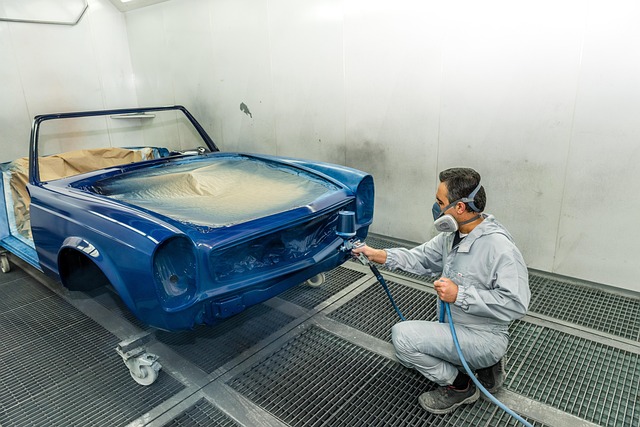
When considering aftermarket auto glass for your vehicle, it’s crucial to weigh both its advantages and disadvantages. While professional installation companies often advise against it due to quality and safety concerns, there are instances where this option could still be a viable solution. Aftermarket glass can offer cost-effectiveness, especially for those dealing with tight budgets or minor repairs that don’t require specialized auto body repair services. It’s particularly appealing for simple replacements without complex adjustments needed in vehicle collision repair scenarios.
However, it’s essential to remember that the quality of aftermarket glass varies widely. Unlike original equipment manufacturer (OEM) glass designed specifically for your car make and model, aftermarket products may not fit perfectly or provide the same level of safety and durability. Moreover, improper installation can lead to issues with water leakage, reduced visibility, or even structural compromise in auto body repair cases. Therefore, while it might be a more affordable option, prioritizing safety and long-term reliability necessitates careful consideration before selecting aftermarket glass for your vehicle’s repair needs.
Aftermarket auto glass can be a viable option for those seeking cost-effective solutions, but it’s essential to consider the potential risks and benefits. While auto shops may recommend original equipment manufacturer (OEM) glass due to quality and safety concerns, aftermarket providers offer competitive pricing and quick installations. Ultimately, making an informed decision depends on individual needs, budget, and willingness to accept varying levels of quality and warranty coverage. Understanding these factors ensures that drivers can navigate the market confidently, choosing the best option for their vehicles.


